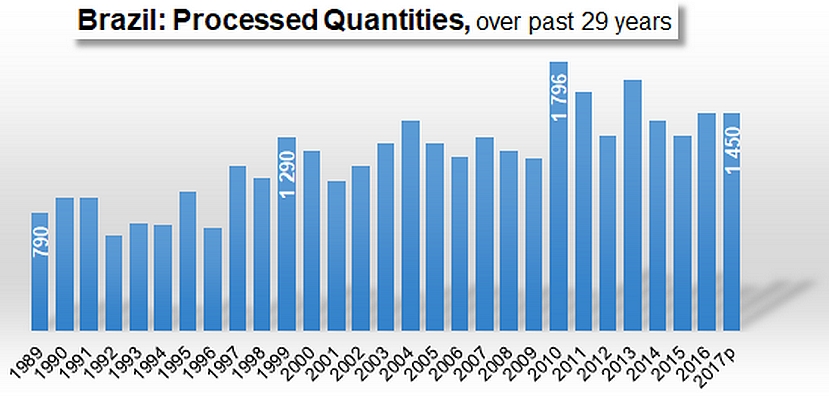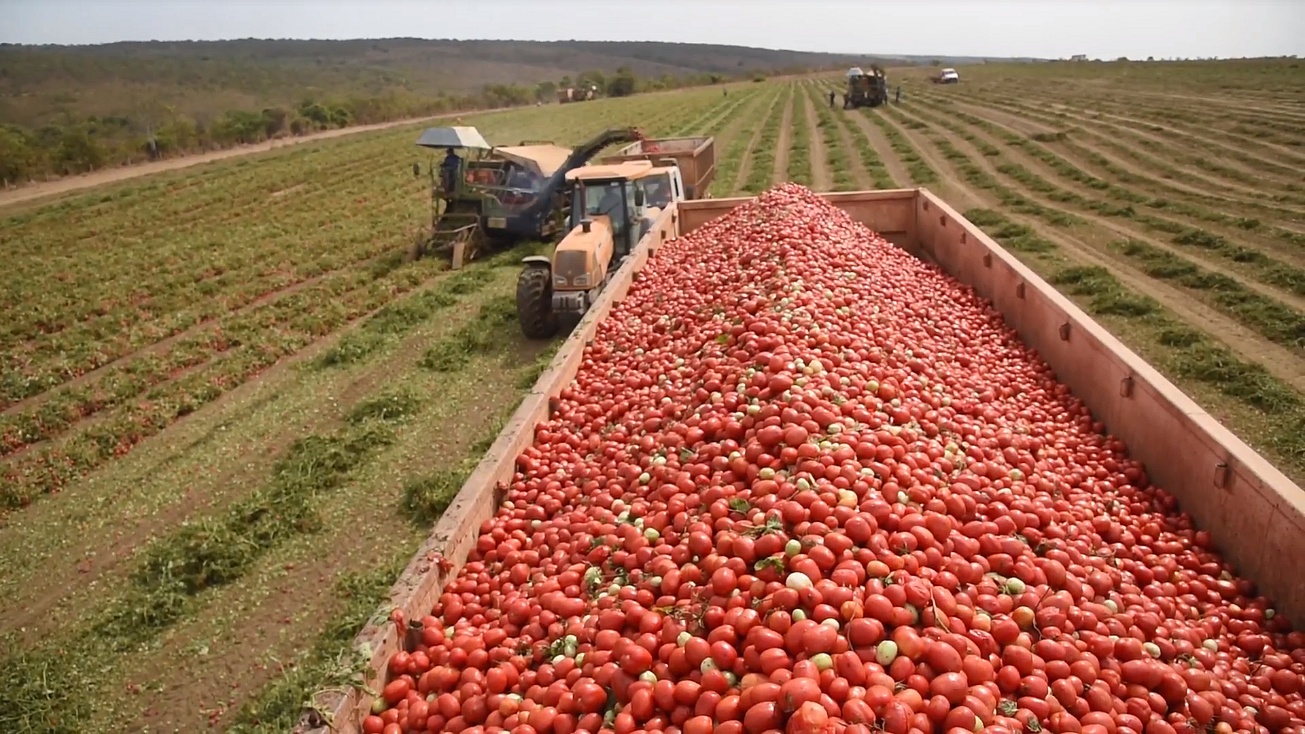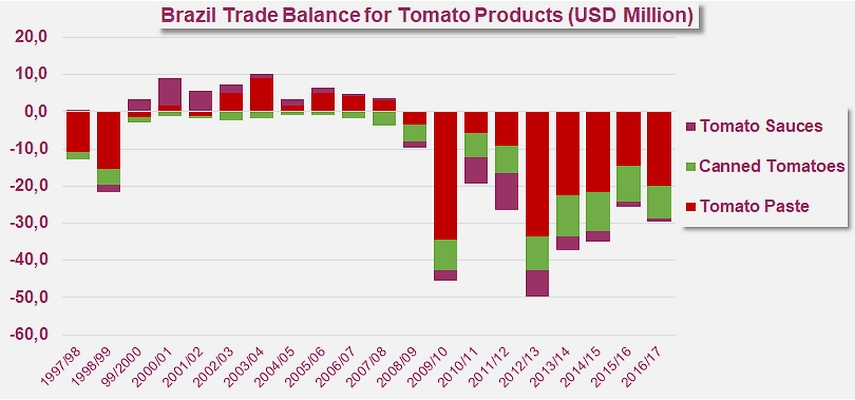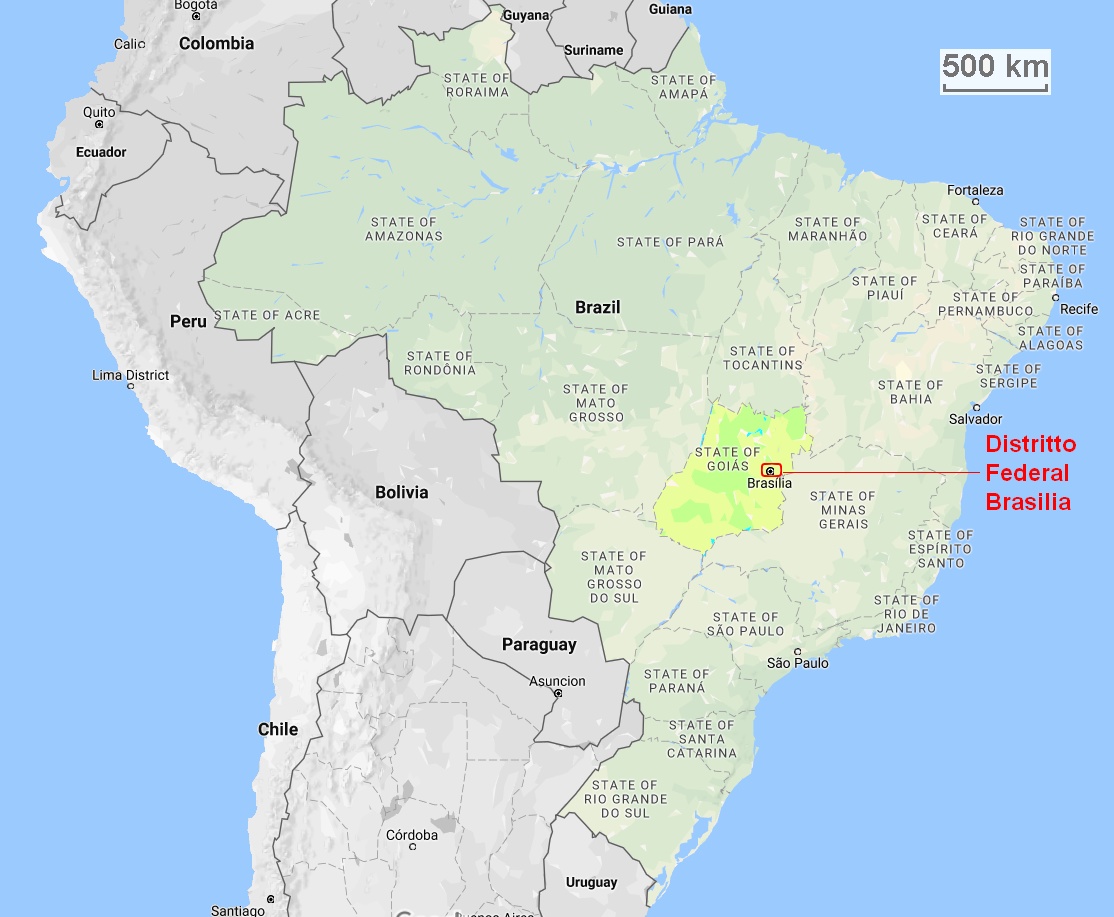Respect for your privacy is our priority
The cookie is a small information file stored in your browser each time you visit our web page.Cookies are useful because they record the history of your activity on our web page. Thus, when you return to the page, it identifies you and configures its content based on your browsing habits, your identity and your preferences.
You may accept cookies or refuse, block or delete cookies, at your convenience. To do this, you can choose from one of the options available on this window or even and if necessary, by configuring your browser.
If you refuse cookies, we can not guarantee the proper functioning of the various features of our web page.
For more information, please read the COOKIES INFORMATION section on our web page.



 The state has welcomed no less than 13 processing plants, in Abadiânia, Luziânia, Nerópolis, Vianópolis, Morrinhos, Turvânia, Anápolis, Cristalina, Orizona and Goiânia. The cost of processed products supplied to distributors is relatively low. "This production sector adds value and generates extremely positive profitability for growers, while also creating jobs and sources of revenue in the regions where companies have set up," said Francisco Pontes.
The state has welcomed no less than 13 processing plants, in Abadiânia, Luziânia, Nerópolis, Vianópolis, Morrinhos, Turvânia, Anápolis, Cristalina, Orizona and Goiânia. The cost of processed products supplied to distributors is relatively low. "This production sector adds value and generates extremely positive profitability for growers, while also creating jobs and sources of revenue in the regions where companies have set up," said Francisco Pontes.




























